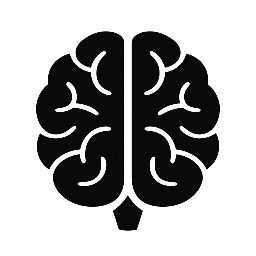The Role of Assessments in Boosting Productivity
In today’s fast-paced work environment, organisations continually seek ways to enhance productivity and maintain a competitive edge. One effective strategy that has gained significant attention is the use of assessments. Assessments play a crucial role in identifying strengths, weaknesses, and areas for improvement, ultimately leading to better performance and increased productivity.
Understanding Assessments
Assessments are tools or methods used to evaluate various aspects of an individual’s skills, knowledge, personality, and work habits. These include cognitive tests, personality questionnaires, skill evaluations, and performance reviews. Organisations can make informed hiring, training, and development decisions by systematically measuring these factors.
How Assessments Boost Productivity
- Identifying Skill Gaps
Assessments help pinpoint specific skills or knowledge areas where employees may be lacking. By recognising these gaps early, organisations can provide targeted training programs, ensuring employees have the necessary tools to perform their tasks efficiently. - Enhancing Employee Engagement
When employees understand their strengths and areas for growth, they are more likely to take ownership of their development. Assessments provide valuable feedback that motivates employees to improve and stay engaged. - Improving Team Dynamics
Personality and behavioural assessments can reveal how team members interact and communicate. Understanding these dynamics allows managers to create balanced teams, enhance collaboration, and reduce conflicts, leading to smoother workflows. - Supporting Better Hiring Decisions
Using assessments during recruitment helps identify candidates with the right skills who fit well with the company culture. This reduces turnover rates and ensures new hires contribute positively from the start. - Facilitating Career Development
Regular assessments provide a roadmap for career progression by highlighting potential growth areas. Employees can set realistic goals, and managers can tailor development plans, fostering long-term productivity and job satisfaction.
Implementing Effective Assessment Strategies
To maximise the benefits of assessments, organisations should:
- Choose relevant and validated assessment tools that align with their goals.
- Ensure transparency and communicate the purpose of assessments clearly to employees.
- Use assessment results constructively, focusing on development rather than criticism.
- Integrate assessments into a broader talent management strategy for continuous improvement.
Conclusion
Assessments are powerful instruments that, when used thoughtfully, can significantly boost organisational productivity. By identifying skill gaps, enhancing engagement, improving team dynamics, supporting better hiring, and facilitating career growth, assessments contribute to a more efficient and motivated workforce. Embracing these tools as part of a comprehensive approach to talent management can help organisations thrive in today’s competitive landscape.




Leave a Reply